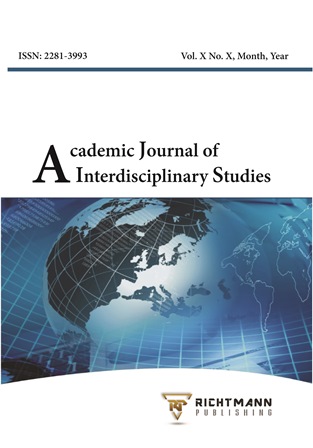Effective ESG Transformation of Russian Companies in the New Environment: Current Challenges and Priorities
DOI:
https://doi.org/10.36941/ajis-2023-0157Keywords:
ESG, non-financial information, ESG methodology, ESG rating, divergenceAbstract
This research aims to analyze the current problems of ESG transformation in Russia, focused on identifying priorities in solving the problems of sustainable development of Russian companies using ESG tools in the context of geopolitical changes. The authors illustrate the results of a comparative analysis of the ESG assessment methodologies of four Russian rating agencies and prove their methodological limitations regarding the use of subject areas, the comparability of specific ESG factors and their weights, analytical controversies, and categories of rating scales. The authors propose a new conceptual approach for the formation of a statistical base, which was tested during the research. The scientific novelty of this approach lies in the application of additional criteria in the analysis of non-financial information using quantitative and qualitative methods. This made it possible to structure the non-financial information obtained as a result of a survey among 118 Russian companies. The formulated questions of the questionnaire and the companies’ answers provide an opportunity to see the limitations and promising directions for the transformation of the company’s activities using the principles of sustainable development and ESG tools. The main research results include a created database, the users of which can determine the most significant ESG factors according to the following criteria: 1. industry affiliation; 2. legal form; 3. number of employees; 4. income; 5. availability of ESG policies and reporting; and receive an average response rating on a 10-point scale. As a result of a combination of answers, the ranking score of ESG blocks was determined in descending order of points: 8.0 points - S (Social); 7.8 points - G (Corporate Governance); 7.4 points - E (Environment). This research indicates promising directions for the development of a unified methodology for assigning ESG ratings for various rating agencies, including the differentiation of indicators and their weights for various industries.
Received: 20 July 2023 / Accepted: 20 October 2023 / Published: 5 November 2023
Downloads
Downloads
Published
Issue
Section
License

This work is licensed under a Creative Commons Attribution-NonCommercial 4.0 International License.
This work is licensed under a Creative Commons Attribution-NonCommercial 4.0 International License.








